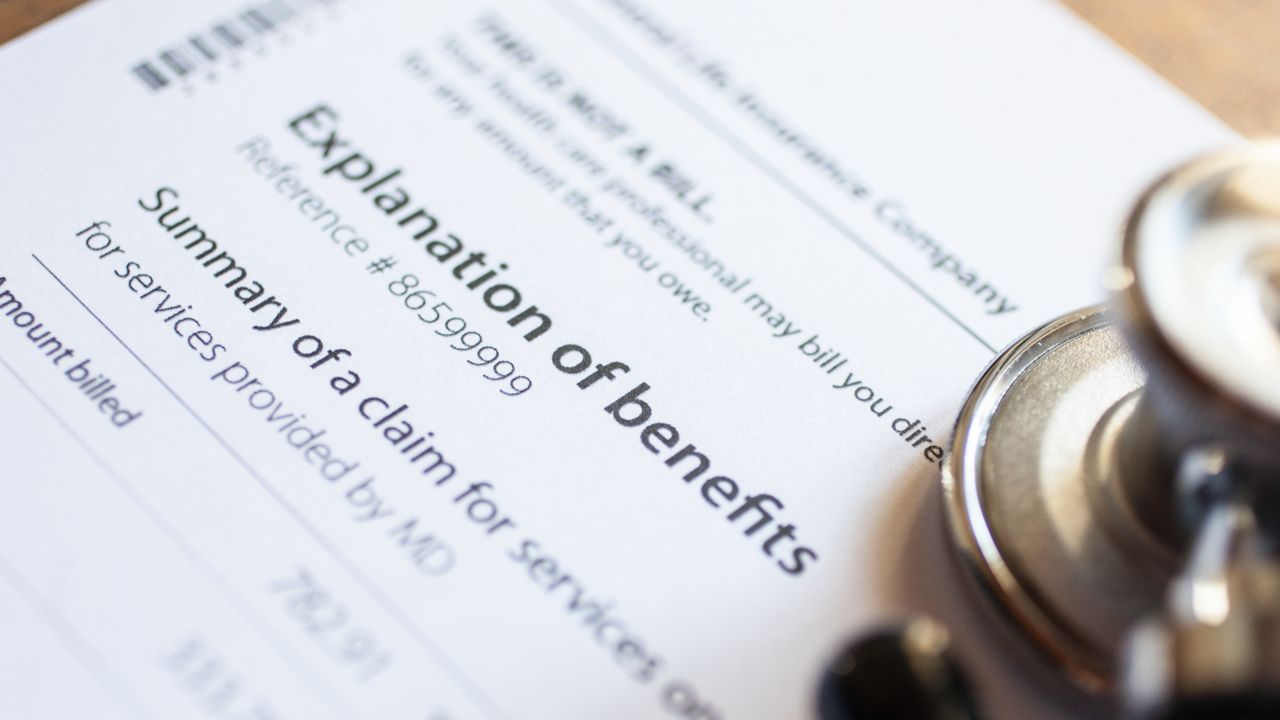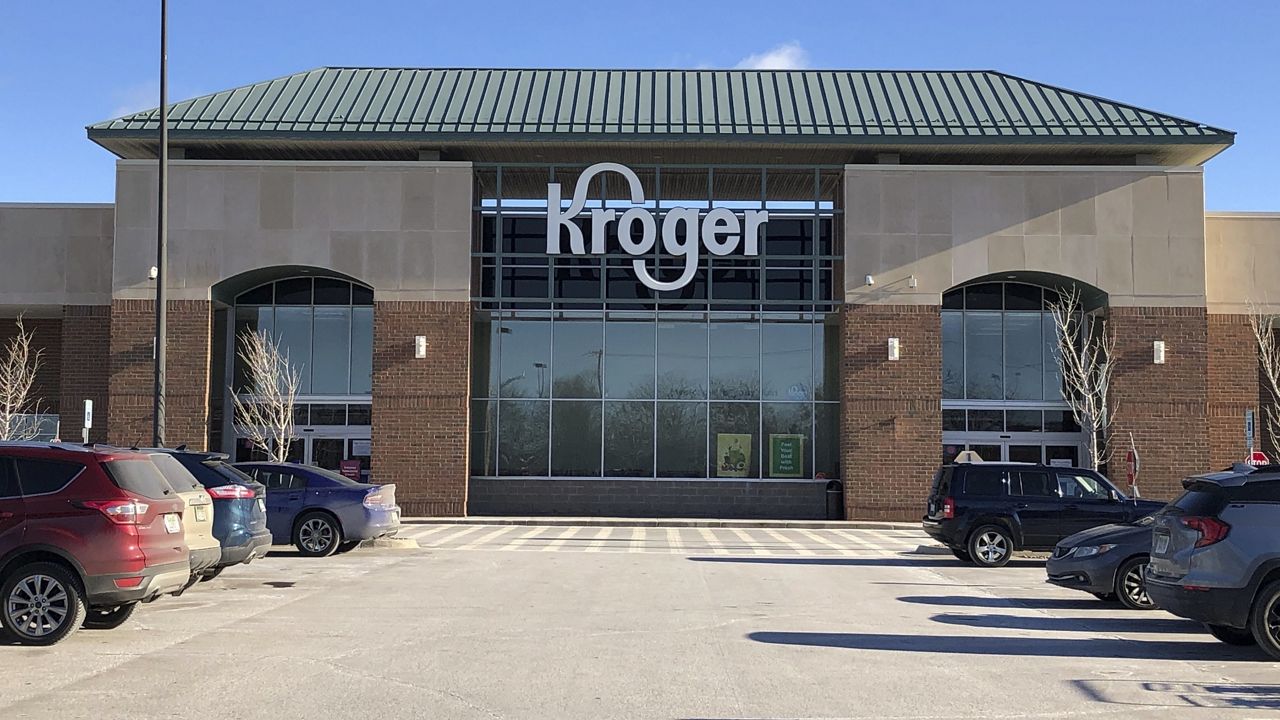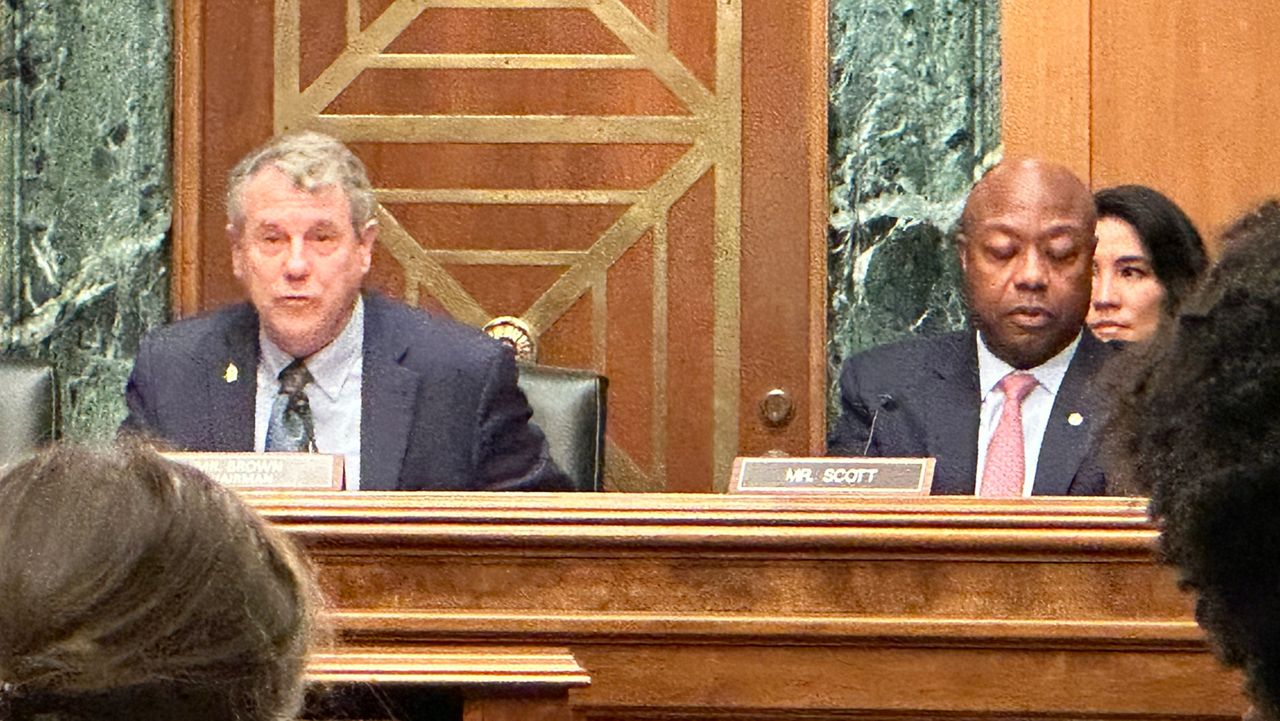Ohio — State Issue 2 will go into effect this upcoming Thursday, but lawmakers are looking to make some slight changes to the law. Two bills have been introduced this week that could make changes to the law that voters passed.
The language was introduced by State Senator Rob McColley (R-Napoleon) in the General Government Committee on Monday morning.
“The revenue projections from these would be $262 million per year,” said McColley.
The plan bans Ohioans from growing marijuana at home, and it would also increase the excise tax on the drug. McColley said the proposal would create a marijuana receipts fund, and the money would go toward the operating budget to help fund law enforcement training.
“30% of that revenue would go to the law enforcement training fund to help pay for training for law enforcement. That 30% number would be a little over $40 million.” said McColley.
The proposal also decreases the legal amount of THC in the drug and creates a public smoking ban. The other changes in tax revenue include 15% to go toward Marijuana Substance Abuse Treatment and Prevention Fund, and 10% to the Safe Driving Fund. It also puts forth 45% to the General Revenue Fund to give the state full authority on what to do with the funding. However, not all lawmakers are on board with the new proposal that was unveiled this week.
“It is a massive slap in the face to the voters who sent a very resounding bipartisan message to the Statehouse,” State Rep. Casey Weinstein, (D-Hudson) said. “I’m incredibly disappointed that they are effectively undoing issue two with that’s clearly their intent.”
Weinstein is a long advocate of State Issue 2, and said he’s not a fan of the new tax rates the senate has proposed.
He says if the Senate’s proposal makes it to the House floor, he is open for discussion.
Meanwhile, State Representative Jamie Callender laid out his own plan, one that he said respects the wishes of voters while also addressing concerns from critics.
“We’ll have restrictions on content as far as aimed at children or aimed at minors,” State Rep. Jamie Callender, (R-Concord) said.
Callender’s proposal differs from McColley’s proposal as his keeps home grow legal but would put more guardrails on it. As for the tax revenue, Callender wants the tax revenue to stay within the communities where marijuana is sold. Calendar says he hopes his proposal leads to further discussion with Senate leaders.
“I’m confident we can get to some place that we can all agree to,” Callender said.










